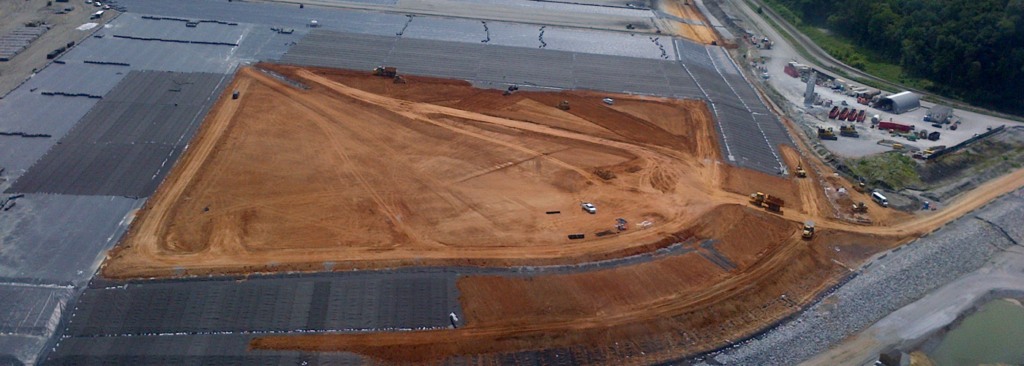
The Geosynthetic Institute (GSI) will sponsor a webinar, “Disposal of Coal Combustion Residuals,” on Dec. 8, from 11:30 a.m. to 1 p.m. EST. Geosynthetic Materials Association (GMA) member companies and their employees receive discounted rates on all GSI webinar and short course registrations.
With coal representing more than 25% of energy sources, the responsible disposal of coal combustion residuals (CCRs) is critical. CCRs are placed in disposal areas either in a dry or wet state. The latter is by slurring behind earthen embankments, and several have failed in recent years, e.g., in Spain, Hungary and the U.S. (one in North Carolina, the other in Tennessee). This webinar describes today’s status including detailed stability analyses of several sites. It also mentions that there are more than 600 such facilities in the U.S.
The webinar then addresses, in detail, various geosynthetics-related opportunities with disposal sites. All the methodologies are within the state-of-the-practice of geosynthetic engineering design and construction but are largely unknown or underutilized in the context of CCR disposal.
Participants will gain detailed perspectives on the status of both dry and wet disposal of coal combustion residuals (CCRs). This includes amounts, types, locations and general design scenarios of the containment embankments. Detailed analyses of such embankments with several case history failures will be presented. Considering this background, nine detailed geosynthetic solutions involved in proper disposal will be detailed and illustrated. Ultimately, each participant of the webinar will become knowledgeable of the opportunities and practices that currently exist.
Webinar benefits
- Understand where and how CCRs are generated
- Understand the stability concerns between dry and wet disposal techniques
- Appreciate the nature and details of past CCR impoundment failures
- Understand details of geotechnical stability analyses of such failed embankments
- Understand the nuances of various CCR liner systems
- Understand how and why existing foundation soils can impact CCR impoundment failures
- Understand the nuances of various CCR cover systems
- Be exposed to new methods of disposal of slurried CCRs
Intended audiences
This webinar is intended for public and private owners/operators of landfills, heap leach pads, shale gas cuttings, and coal combustion residual and related solid waste facilities; consultants and designers in the public and private sector; regulators and agency personnel at the federal, state and local levels; geosynthetic manufacturers and their representatives; geotechnical and geosynthetic testing organization personnel; contractors and installers of liner and cover systems; academic and research groups; and others desiring technically related information on this important aspect of our constructed environment.
Specific topics covered
- Overview of energy sources
- Coal spoil tips
- Coal combustion residuals
- Dry disposal
- Wet disposal (slurried)
- Related geosynthetic solutions
- Summary and conclusions
Webinar instructor
George R. Koerner, Ph.D., P.E., and CQQ, is the director of the Geosynthetic Institute. He is in charge of laboratory accreditation, field certification and continuing education at the institute. He also manages several research projects and has published more than 350 technical papers in his 35-year association with polymers used in below-ground construction. Koerner’s Ph.D. is from Drexel University in geotechnical engineering. He is a registered professional engineer and a certified quality auditor. Koerner has received many awards over the years. The most notable being IFAI’s Environmental Technologies Award of Excellence 1995, ASCE’s DVGI Geotechnical Engineer of the year in 2004, the title of ASTM Fellow in 2013 and GMA’s first Robert M. Koerner Lecture and Award in 2017.
Webinars cost $200.00 for GSI and GMA members, and $250.00 for nonmembers. Successful completion of a multiple-choice test after the webinar carries 1.5 professional development hours (PDH).
For more information or to register, visit http://www.geosynthetic-institute.org/webinar.htm.
 TEXTILES.ORG
TEXTILES.ORG


